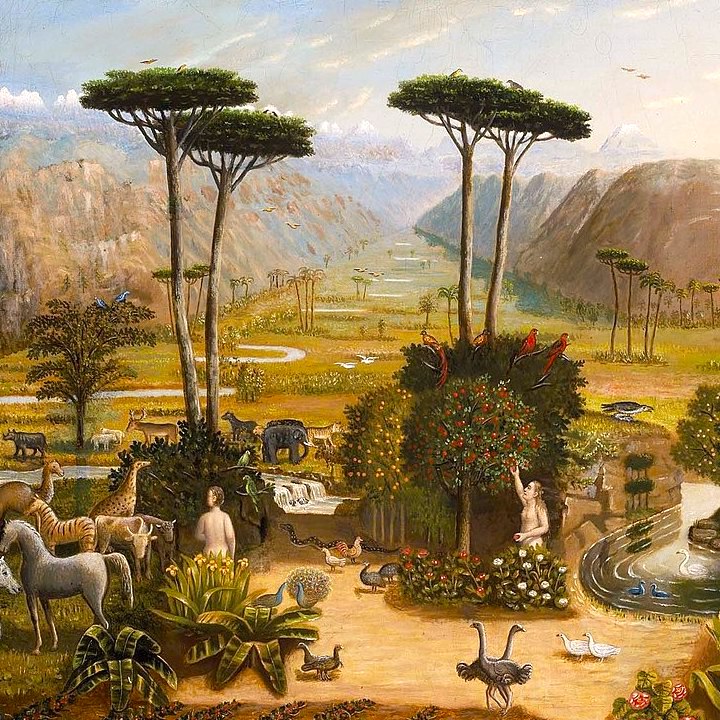On humans, nature and a conservation beyond the domination of global capitalism.

Sociologists Bram Büscher and Robert Fletcher explore the limits and possibilities of nature conservation in the Anthropocene, and point to the framework of 'convivial conservation' as a way of understanding ourselves and our environment beyond the destructive contradictions of capitalism.
Bram and Robert are authors of the book The Conservation Revolution: Radical Ideas for Saving Nature Beyond the Anthropocene from Verso Books.
Bram Buscher
Bram Büscher is Professor and Chair of the Sociology of Development and Change group at Wageningen University and holds visiting positions at the University of Johannesburg and Stellenbosch University.
Robert Fletcher
Robert Fletcher is Associate Professor in the Sociology of Development and Change group at Wageningen University in the Netherlands.








